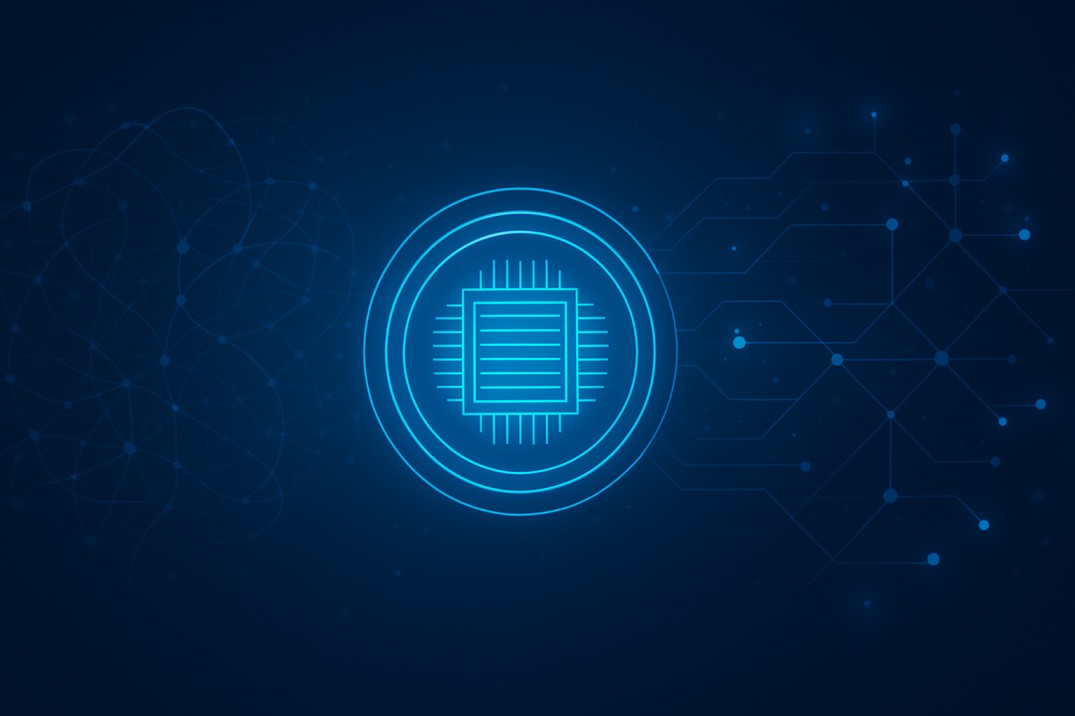Singapore to Host Quantinuum’s Helios Quantum Computer in Landmark Partnership

Singapore has taken a major step toward becoming a global hub for quantum technology. The country’s National Quantum Office (NQO) has announced a landmark partnership with Quantinuum, the world’s leading quantum computing company, to install the Helios quantum computer in Singapore by 2026 — marking the first deployment of the advanced system outside the United States.
Background / Context
Quantum computing has emerged as a transformative force in science and industry, promising to solve problems that remain impossible for classical computers. Singapore, through its National Quantum Strategy, has been steadily investing in quantum research infrastructure, workforce training, and industry partnerships.
The NQO, hosted under A*STAR, coordinates this effort through the National Quantum Computing Hub (NQCH), uniting public research institutions and private players to accelerate quantum applications. Quantinuum, a global leader in quantum hardware and software, was a natural collaborator — known for its cutting-edge trapped-ion systems and full-stack quantum solutions.
Key Developments / Details
1. Helios System Coming to Singapore by 2026
The partnership will make Singapore the first country outside the U.S. to host Quantinuum’s Helios quantum computer, one of the world’s most advanced commercial systems.
Researchers in Singapore will gain both direct and cloud-based access to Helios’ computing power, expanding opportunities in quantum research, algorithm design, and hybrid quantum-classical applications.
2. New R&D and Operations Centre
Quantinuum will establish an R&D and Operations Centre in Singapore, serving as a hub for joint development with local institutions and startups. The facility will bring together engineers, researchers, and industry partners to co-develop middleware and applications that integrate classical and quantum technologies.
3. Focus on Industry and Real-World Applications
The collaboration targets high-impact sectors such as:
- Drug discovery and computational biology – simulating complex molecules to accelerate treatments.
- Financial modeling and optimization – tackling high-volume data for risk and portfolio management.
- Advanced materials and chemistry – discovering new compounds and catalysts.
- Combinatorial optimization – improving logistics, manufacturing, and AI workflows.
4. Building Quantum Talent and Ecosystem
The initiative includes training programs, workshops, and internship opportunities to strengthen Singapore’s quantum talent pipeline. These efforts aim to cultivate a generation of quantum scientists and engineers capable of driving innovation in both academia and industry.
Technical Explanation
Quantinuum’s Helios is a trapped-ion quantum computer — a design where ions are suspended using electromagnetic fields and manipulated with lasers to perform calculations. Unlike traditional computers that use bits (0s and 1s), quantum computers use qubits, which can exist in multiple states at once.
Helios’ fully connected qubit architecture and high-fidelity operations enable more accurate, large-scale computations. Its software environment is designed for hybrid systems, allowing researchers to integrate quantum processes seamlessly with classical algorithms — a key step toward real-world quantum applications.
Implications
This collaboration cements Singapore’s standing as one of Asia’s most advanced quantum hubs. Access to cutting-edge hardware like Helios will:
- Accelerate scientific discovery across chemistry, biology, and finance.
- Attract global investments and startups in quantum technologies.
- Strengthen digital resilience, particularly in cybersecurity and encryption research.
- Foster a quantum-ready workforce, preparing the nation for emerging computational paradigms.
For Quantinuum, the move expands its global footprint and reinforces its strategy to localize quantum innovation through strong public-private partnerships.
Challenges / Limitations
Despite the excitement, quantum computing remains an emerging technology.
- Practical, large-scale “quantum advantage” is still years away.
- Hardware stability and error correction continue to be major technical hurdles.
- The demand for specialized quantum talent currently exceeds supply.
- Singapore’s long-term success will depend on sustained funding, infrastructure development, and continued collaboration across academia, government, and industry.
Future Outlook
The Helios installation, expected in 2026, is just the beginning. Singapore’s quantum roadmap envisions deeper integration of quantum systems into national research networks and commercial sectors.
Future milestones may include quantum-secure communication networks, co-developed quantum algorithms tailored for industry use, and the creation of locally engineered quantum hardware components.
As the technology matures, Singapore could emerge as a global proving ground for real-world quantum solutions — bridging scientific ambition with commercial viability.
Conclusion
The alliance between Singapore’s National Quantum Office and Quantinuum represents more than a hardware installation — it’s a strategic investment in the future of computation, innovation, and human talent.
By combining Singapore’s forward-thinking national strategy with Quantinuum’s technological leadership, this collaboration could accelerate the dawn of practical quantum computing in Asia and beyond.